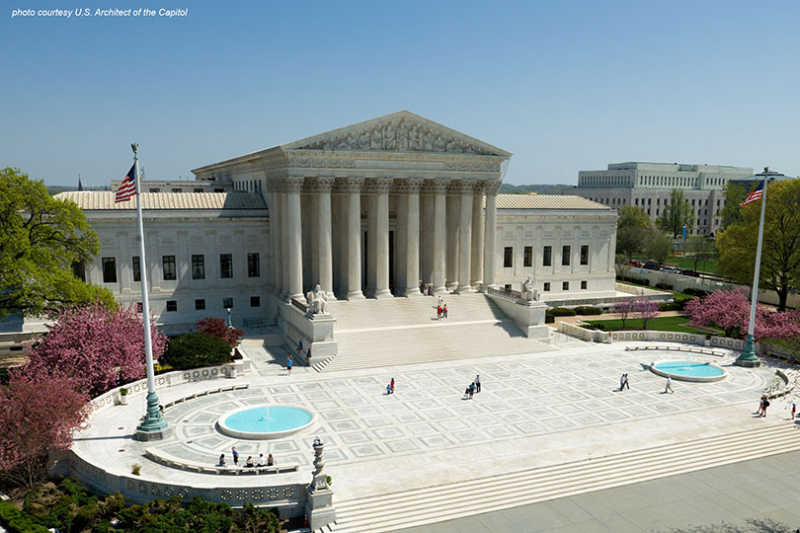The U.S. Supreme Court gave U.S. agriculture a big win last week when it struck down the Chevron deference, restoring a balance of power at the federal level.
“This is a good day for Texas farmers and ranchers and a bad day for government regulatory overreach,” Texas Farm Bureau President Russell Boening said in a statement following the announcement.
The 1984 Chevron doctrine required the courts to defer to federal agencies’ interpretation of ambiguous laws, allowing the federal agencies to expand their regulations beyond the intent of Congress.
Several national agricultural groups, including American Farm Bureau Federation (AFBF) and the Agricultural Retailers Association, filed an amicus brief arguing that “a deference rule, as experience shows, makes it far too easy for agencies and courts to throw up their hands when faced with difficult statutory language and rely on deference rather than careful textual analysis.”
“The Chevron doctrine allowed federal regulatory agencies for the past 40 years to expand their regulations beyond the intent of Congress. This decision by the U.S. Supreme Court puts an end to that harmful overreach,” Boening said. “Farmers and ranchers, like many small business owners, suffer hardships from federal agencies that regulate well beyond the scope of what Congress intended. The court’s decision reigns in this unlawful practice.”
The 6-3 vote to overturn the Chevron doctrine restores the balance of power, Farm Bureau noted.
“The key is that agencies will no longer be able to say how much power they have. What previously happened is courts would defer to agencies for an agency’s interpretation of its power, and, after this decision, courts will now be the ones to decide that. Not the agencies themselves,” Travis Cushman, deputy general counsel for AFBF, said.
This decision sets a new legal precedent for a broad swath of government agency regulations.
“So many regulations that we believe—whether it’s USDA, EPA, Labor—push the bounds of what Congress intended, and this will force those agencies to really evaluate how much authority they have to regulate and allow us to challenge them when they’ve gone too far,” Cushman said.


Leave A Comment